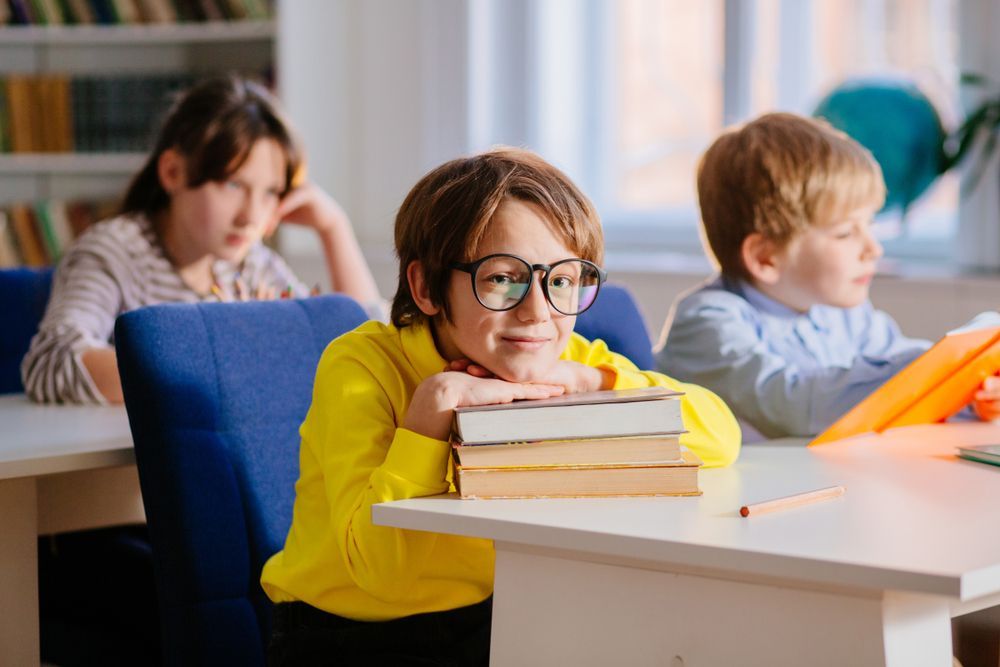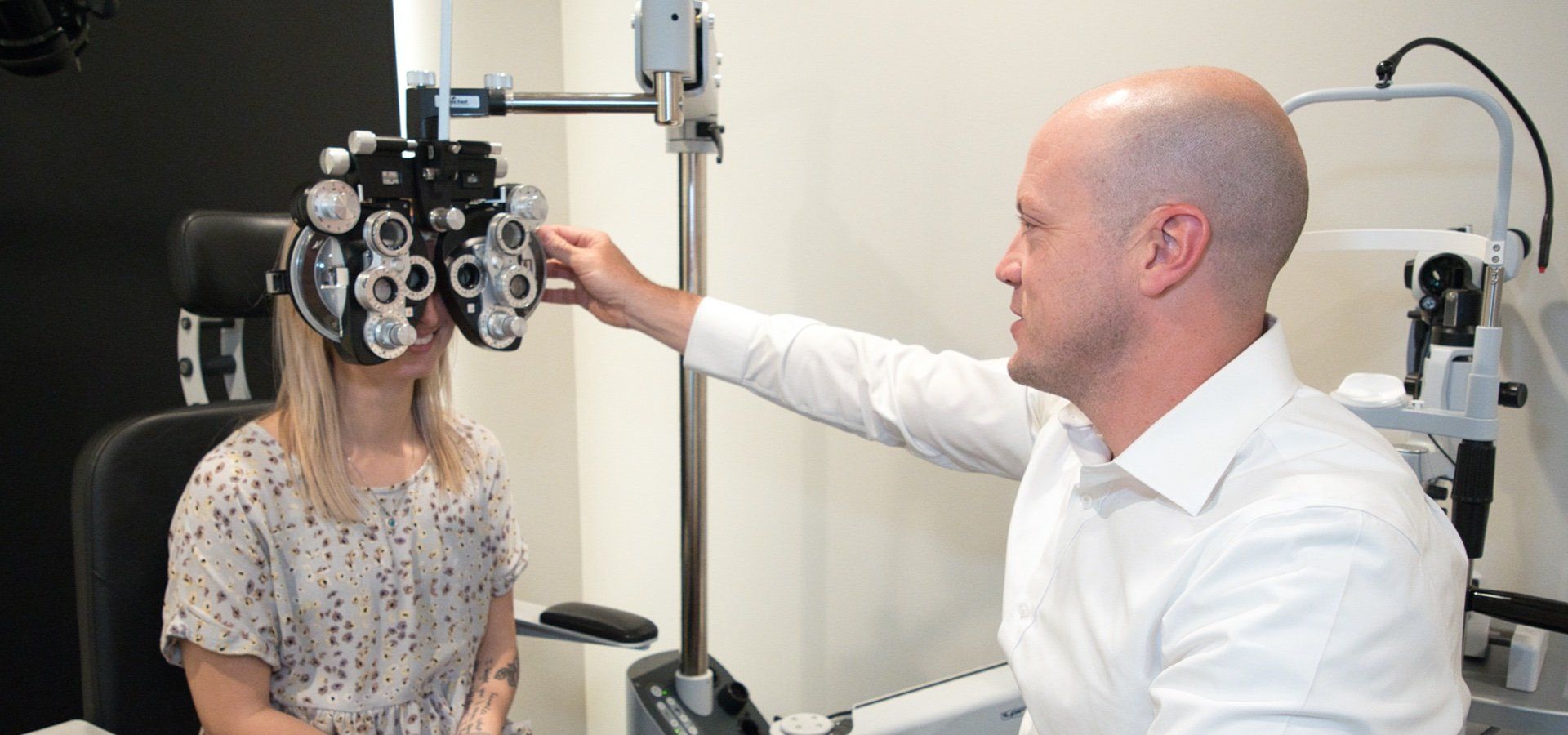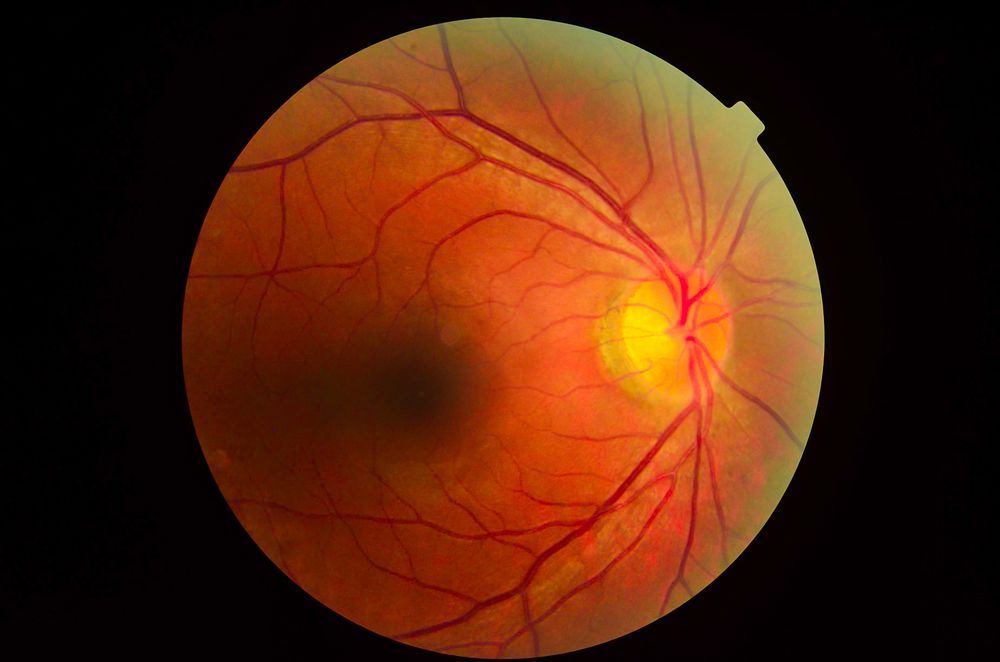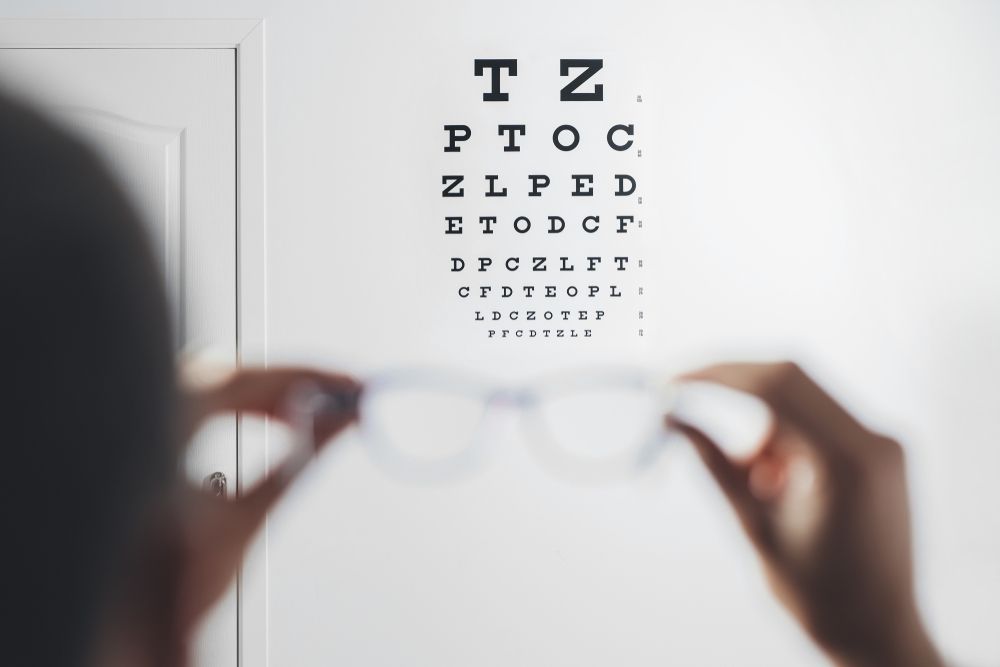As parents, we always want the best for our children, especially when it comes to their education. We try to choose the right schools, the best teachers, and even extra-curricular activities to ensure they have every opportunity to succeed. However, one crucial aspect that is often overlooked is their vision. Good vision is essential for learning, and undetected vision problems can significantly affect a child's academic performance and overall development.
The Role of Vision in Learning
Vision plays a vital role in a child’s ability to learn and perform well in school. Here’s how:
- Reading and Writing: Clear vision is essential for reading textbooks, writing assignments, and seeing the board clearly. Children with vision problems may struggle to read small print or see distant objects, leading to frustration and academic difficulties.
- Attention and Focus: Children with undiagnosed vision issues often exhibit signs of inattention and lack of focus. They might avoid close-up tasks or show reluctance to participate in classroom activities that require sustained visual attention.
- Coordination and Motor Skills: Vision problems can affect hand-eye coordination, impacting a child's ability to participate in sports, art, and other activities that are important for physical and cognitive development.
Common Vision Problems in Children
Some common vision problems that can affect learning include:
- Nearsightedness (Myopia): Difficulty seeing distant objects, which can make it hard for children to see the board or follow along in class.
- Farsightedness (Hyperopia): Difficulty seeing close objects, affecting reading and other close-up tasks.
- Astigmatism: Blurred vision at any distance, causing overall visual discomfort and strain.
- Convergence Insufficiency: Difficulty in coordinating both eyes to focus on a single point, leading to problems with reading and other close-up tasks.
Signs Your Child Might Need an Eye Exam
Parents should be aware of the signs that might indicate a vision problem in their child:
- Squinting or tilting the head to see better.
- Frequent headaches or eye strain.
- Holding books very close to the face or sitting too close to the television.
- Difficulty concentrating or a short attention span for close-up tasks.
- Avoiding reading or other close-up activities.
The Importance of Regular Eye Exams
Early detection and treatment of vision problems can prevent many learning difficulties. Regular eye exams are crucial, as children might not always realize they have a vision problem. Eye exams can identify issues that might not be apparent during a routine pediatric check-up.
Schedule a Back-to-School Vision Checkup
As the new school year approaches, ensure your child is ready to learn and succeed by scheduling a comprehensive eye exam. At Blake Bush Family Eye Care, we specialize in pediatric eye care and can help identify and treat any vision issues that could affect your child's academic performance.
Don’t wait until your child struggles in school. Book an appointment today and give your child the best start to the school year!











